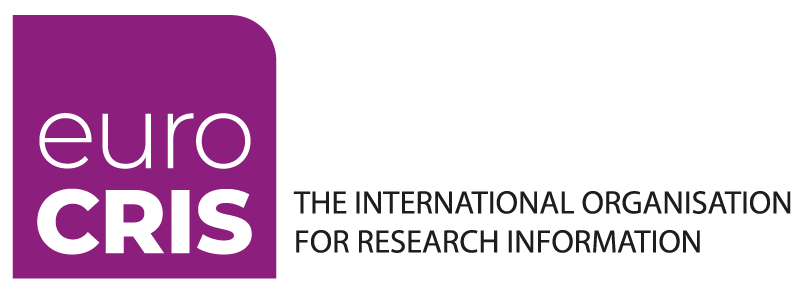Standards TG
The main aim of CRIS is presenting research information in a structured and standardized way so it can be exchanged and (re)used by all stakeholders. Data standards are a key to realising both an optimal interoperability between information resources and a common understanding of shared vocabularies (terms) and semantics (meaning of terms). Currently, a number of national and international initiatives (e.g. the German project “Core Data Set”[1] , the Flemish “ Data and Classification Governance” project[2], or worldwide managed by the Canadian CASRAI) work on sets of definitions for the most central entities in the research information domain (researchers, organisations, disciplines...) and their identification with unique and persistent identifiers.
EuroCRIS’ contribution to these activities is mainly defined by the development and promotion of the data format CERIF. However, EuroCRIS strategic mission also covers the two other issues: “promote collaboration within the research information community” and “share knowledge in the field of the development and operation of research information systems (CRIS)”. Taking this as a departing point, the work of the new TG Standards will focus on two issues: Bringing together professionals in the field of standardization and sharing knowledge on existing standards and on initiatives for the definition of new standards. The TGs main focus is thus the exchange of knowledge and expertise on standards, who is responsible for them, how they are maintained and what they are used for. The TG will work as an “information broker”. But it will not develop standard definitions itself.
PLANNED ACTIVITIES
In a first step, this in June 2017 newly founded TG will concentrate on the creation of an inventory of standards and identifier-systems e.g. for persons (ORCID), publications (DOI), places/organizations, projects and related code systems (disciplines, …). The aim is to draft a catalogue that describes the advantages and disadvantages of popular standards and ID-systems as well as the persons/organisations behind them. This catalogue will circulate within the Task Group in order to a) optimize its structure and b) increase the coverage of standards, step-by-step.
In a second stage, the task group will develop a consolidated version of the catalogue. After discussion in the euroCRIS board (e.g. on aspects like strategic importance) the paper will be published on the euroCRIS website and discussed during the euroCRIS-conference 2018. Depending on the feedback of the euroCRIS community, the paper then will be further developed. We then may use the technical advantages of the euroCRIS repository (using DSPACE) for the construction of some kind of online library of standards or aspects like online discussions (blog) to share practical experiences with these standards in their everyday use.
[1] The project ‘Core Data Set’ is managed by The German Council of Science and Humanities.
[2] The Flemish project “Data and Classification Governance” is managed by the Research Centre for Research & Development Monitoring (ECOOM-UHasselt).


